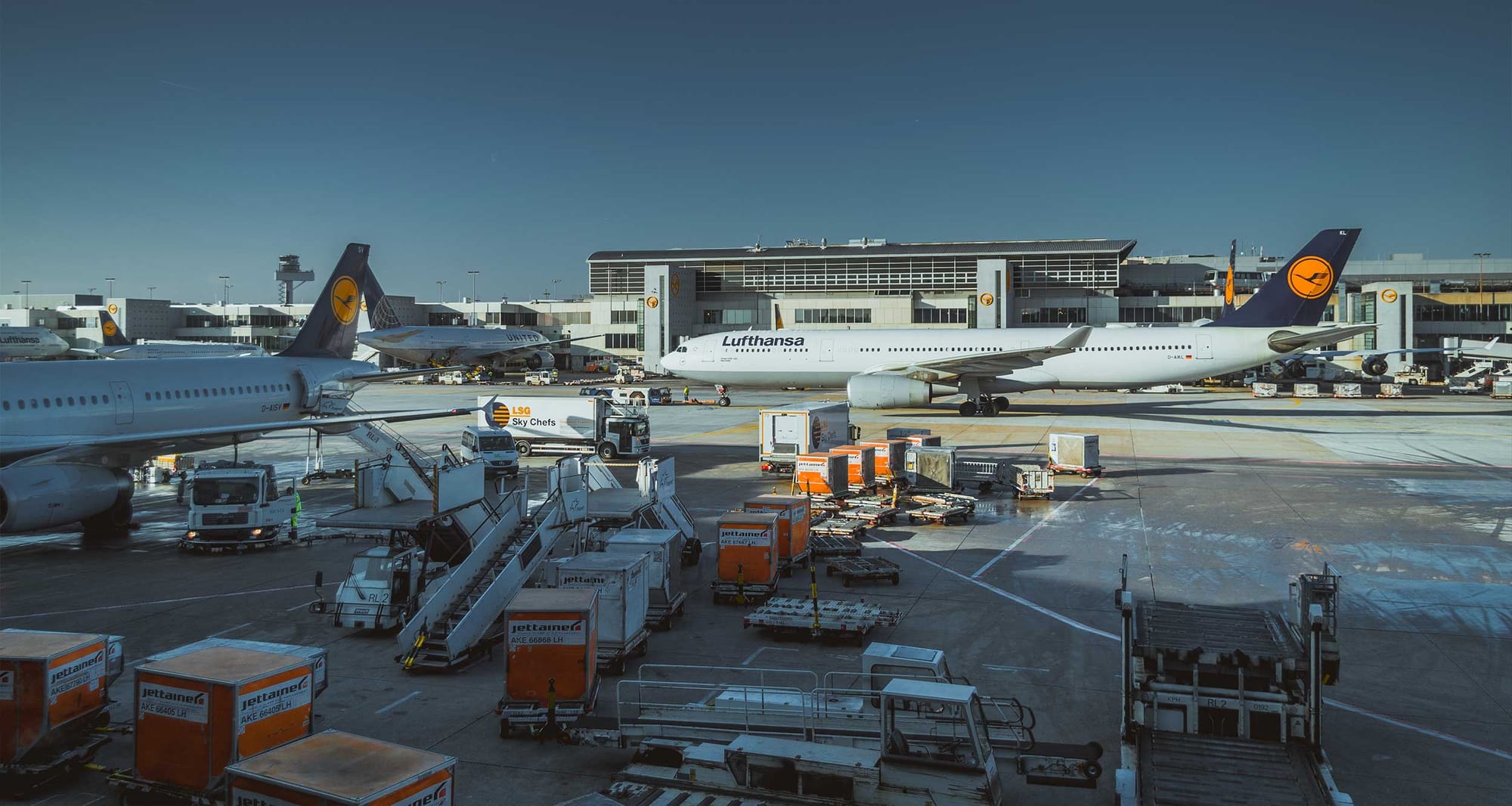
What rights do airline passengers with disabilities have in Europe?
The European Parliament established a set of rights that apply to disabled people and people with reduced mobility when traveling by air. The regulations are found in EC 1107/2006 and can be downloaded here. The disabled passenger rights guaranteed by the European Union regulation are similar in scope to those found in the Air Carrier Access Act of the United States.
EC 1107/2006 declares that people with disabilities “should have opportunities for air travel comparable to those of other citizens,” and requires that they be afforded the same rights to “free movement, freedom of choice and non-discrimination.”
I have written a summary of the most important components of EU regulation EC 1107/2006. This summary includes the requirements for airlines and airports and the expectations passengers with disabilities should have when traveling by air.
Scope and Application of EC 1107/2006
Due to the international nature of air travel, the entirety of EC 1107/2006 applies only to the following flights:
- Commercial passenger air services departing from, transiting through, or arriving to airports situated in the territory of a Member State of the European Union.
- Flights operated by an EU carrier that depart from an airport in a third country and arrive to an airport within the European Union. An example of this would be a Lufthansa flight from Tokyo, Japan to Frankfurt, Germany.
If traveling on a European carrier from the United States, be aware that the protections afforded by the Air Carrier Access Act would apply in addition to those mandated by EC 1107/2006.
Articles 3, 4 and 10 of the regulation prohibit the refusal of air transportation to people with disabilities, and mandate airline assistance to those passengers be provided without charge.
Wheelchair Assistance at Airports
The managing bodies of airports (not the air carriers themselves) are responsible for providing any special assistance passengers may require on account of disability, including wheelchair and luggage assistance, help with boarding and deplaning, etc. (Article 8)
The following regulations apply to the provision of assistance within airports:
- Airlines and tour operators must provide travelers the opportunity to request assistance at booking, across all points of sale (including by telephone or the internet), and that information must be transmitted to the airport authorities as soon as possible. (Article 6)
- The managing body of the airport shall designate points of arrival and departure, where passengers with reduced mobility (PRMs) can “announce their arrival at the airport and request assistance.” (Article 5)
- The airport staff are responsible for ensuring the passenger makes the flight they have booked, as long as there request for assistance has been made 48 hours in advance of departure. If that minimum advance notice has not been provided, the airport shall make every effort to assist the passenger. (Article 7)
- Airports with annual passenger movements of greater than 150,000 must develop and publish a policy outlining the quality standards for assistance provided at the airport. (Article 9)
Appendex I of the regulation places the following assistance services under the purview of the airport authority:
- Assistance from the designated arrival point, to check-in, and assistance with baggage as needed.
- Assistance from the check-in counter to the aircraft, and through passport control/customs if required.
- Help with boarding the aircraft, including the provision of lifts and/or wheelchairs, and assistance directly to the airplane seat.
- Storing and retrieving hand baggage in the overhead bins.
- On arrival, assistance from the seat of the aircraft to baggage claim and beyond.
When a passenger with a disability is traveling with a friend, family member or care assistant, that person must be allowed to provide the necessary assistance if desired.
Wheelchair Assistance Onboard the Aircraft
Airline personnel and flight attendants must assist passengers in moving to/from the onboard toilet if required. Generally, the wide body aircraft of European air carriers do have wheelchair accessible lavatories. Some narrow-body Airbus A320 series aircraft at a few select European airlines do have the accessible SpaceFlex lavatory onboard, but this is not mandated by the regulations.
Seat Selection for Passengers with Disabilities
The EU offers little guidance in the way off seating accommodations for travelers with disabilities, except for the following in Annex II:
- Carriers must make “all reasonable efforts to arrange seating to meet the needs of individuals with disability or reduced mobility on request and subject to safety requirements and availability.”
- When a person with a disability is traveling with an accompanying person who will offer assistance to that passenger, “the air carrier will make all reasonable efforts to give such person a seat next to the disabled person or person with reduced mobility.”
Not a lot here in the way of guarantees, unfortunately. For the benefit of others, please share in the comments below what your experiences (both good and bad) have been with seat selection on flights governed by this regulation.
Carriage of Wheelchairs and Medical Equipment
Annex II of the regulation imposes a requirement that air carriers transport all necessary medical equipment, as well as “up to two pieces of mobility equipment per disabled person or person with reduced mobility, including electric wheelchairs (subject to advance warning of 48 hours and to possible limitations of space on board the aircraft, and subject to the application of relevant legislation concerning dangerous goods).”
Airlines are also required to transport recognized assistance dogs in the passenger cabin, “subject to national regulations.”
Compensation for lost or damaged wheelchairs and other assistive devices
If your wheelchair is lost or damaged by an airline in the course of travel, EC 1107/2006 offers the following protections:
Where wheelchairs or other mobility equipment or assistive devices are lost or damaged whilst being handled at the airport or transported on board aircraft, the passenger to whom the equipment belongs shall be compensated, in accordance with rules of international, Community and national law.
This regulation does not go so far as to guarantee the full cost of repair or replacement, as is the case under U.S. law, and so the Montreal Convention is most likely to apply in these cases. There have been numerous cases of EU carriers paying the full cost of repair or replacement of damaged wheelchairs, even when the cost exceeds the limits set by the Montreal Convention, but such determinations are made on a case-by-casis basis by the airline responsible.



